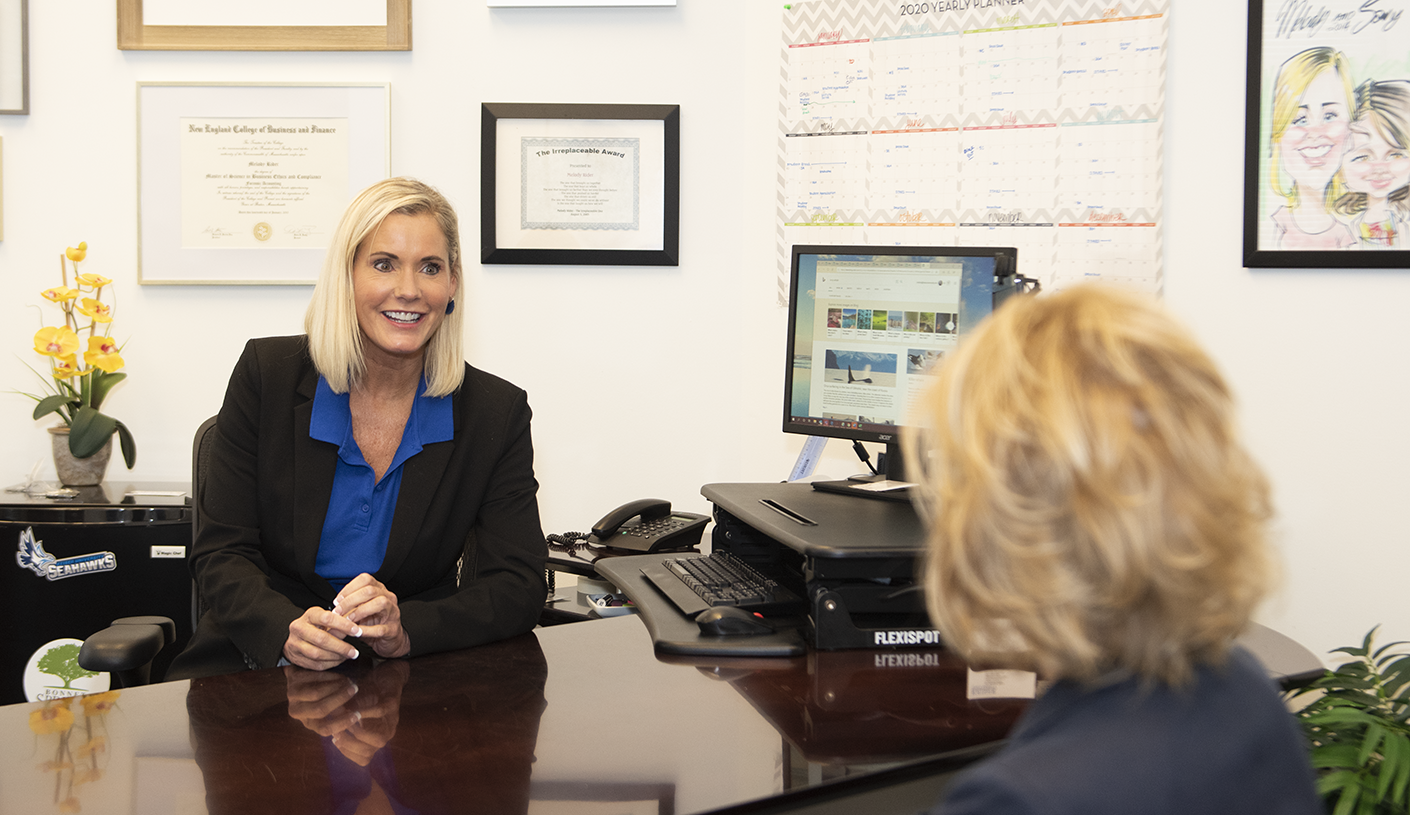Back to school has always been Dr. Melody Rider’s favorite time of year. As a life-long learner, an education administrator for over 20 years, and a college president for 16 of those years, Dr. Rider has always found that there is something special about the start of a new academic calendar. As the 2020-2021 school year is getting underway, I reconnected with Dr. Rider, President of Keiser University in Lakeland, to talk about leadership and what that means in the time of COVID-19 and beyond.
As our community manages through and recovers from the COVID-19 crisis, what are the most important leadership lessons you have learned and how will those lessons serve you as you lead Keiser University’s Lakeland campus into the future?
The leadership lessons I have learned through the COVID-19 crisis are truly applicable to any leadership situation — flexibility, resilience, and trust. Flexibility was the only way to navigate the immediate and complete change of direction that COVID-19 brought to our campus. There was no time to develop “managed change” processes. We had a matter of days to get our students online, our faculty teaching from home, and our staff working from home. Flexibility was the only way to react to this circumstance and my team executed flawlessly as we addressed daily changes to how we deliver education to our students.
Resilience has been critical as every part of the Keiser University family – faculty, staff, and students – adjusts to our new reality. Everyone had obstacles – adjusting to less in-person interactions, working with new technology, delivering curriculum on camera instead of in the classroom – to name a few. My team approached obstacles with the mindset that these were just minor hurdles that could be overcome with a little ingenuity and a lot of effort. We are finding new ways to serve our students that are even better than our pre-pandemic methods!
And the underlying factor that allowed my team to be resilient, flexible, and ultimately to thrive in this new environment, is trust. They could trust that I would support them when they tried new things, they could trust that I am open to making changes if it means our students will be more prepared, and they could trust that I was right there with them, in the trenches, as we all worked together to react to something none of us had control over.
As you reflect on your first two years as Lakeland campus president, what are you most proud of and what are some of the ways you hope that Keiser University will continue to make a difference in our community?
The commitment our students make to improve their lives, the lives of their families, and the greater Lakeland community makes me proud to be a part of Keiser University. This quarter, our Nuclear Medicine, Medical Assistant, and Nursing programs had 100% pass rates and I am absolutely thrilled with those results. Stepping into this new role, I was fortunate to find myself on a campus that was doing well and successful in executing the Keiser University mission. In the past, I worked with underperforming campuses and my style was to dive in and start taking apart processes looking for holes and weaknesses. I am proud of the fact that I was able to recognize that this tactic was not appropriate for this high achieving university and certainly would not help me establish myself as a leader.
By reminding myself to slow down, nurturing my relationships at the school and in the community, taking time to develop loyalty and trust, I gained a deep understanding of what this university stands for. This helped me develop a clear vision for how Keiser can serve both students and the Lakeland community.
What is the biggest mistake you see leaders make and how can they avoid it or recover from it?
The biggest mistake I have seen leaders make is one I have made myself. This mistake happens when a leader develops a plan, communicates the plan, and then expects everyone on the team to execute the plan without taking the time to cultivate buy in for the plan. Early in my leadership journey, I attempted to lead by directives then quickly realized that people don’t like to be told what to do. True leaders let people learn how to do it themselves. My lesson was that leading is less about showing someone how to accomplish a goal, but much more about inspiring them to do it in their own way. Inspiration happens when leaders allow team members to formulate their own ideas, create their own solutions to problems, and then reflect on what worked and what might need to be modified. There is an art to listening and asking the right questions that creates commitment and generates innovation.
What daily or weekly routines do you practice that contribute to your ability to lead at your best?
I am at my best as a leader when I have balance of mind, body, and spirit. Starting my day by listening to something positive and making time to exercise helps me establish a good mindset. Throughout the day, I try to manage my stress level by prioritizing tasks rather than just trying to address everything that comes across my desk. Relationships are important to me and I make sure that part of my day is spent checking in with my team and talking about issues not related to work. My team needs to know that I recognize that they have a life outside the four walls of the office. Closing my day with something spiritual provides growth for my soul, allows me to settle my mind from a busy day, and prepares me for a peaceful evening.
Twenty years from now, what do you most want to be remembered for?
Hopefully, my legacy will be that I cared about my students, my team members, and the community. I started my career focused on achievement. I wanted to make sure I was number one in whatever measurement was set out for me, but I’ve realized that no one remembers the goals you achieved or the awards on your wall, they remember how you made them feel. A mentor once told me “No one cares about how much you know, until they know how much you care” and I try to live that out every day. In 20 years, if folks remembered that I gave 110% effort and that I genuinely cared for them, I would be happy.
Learn about Emily’s professional development programs for women leaders.

